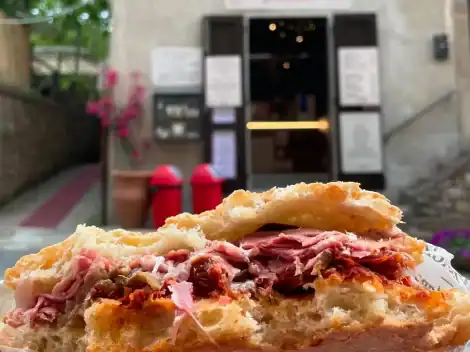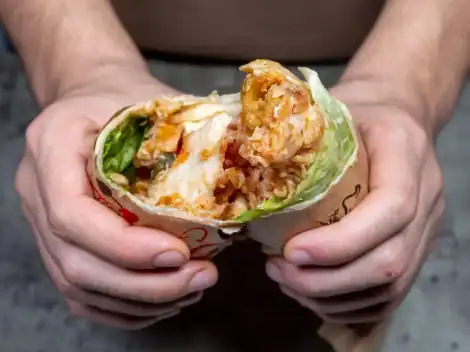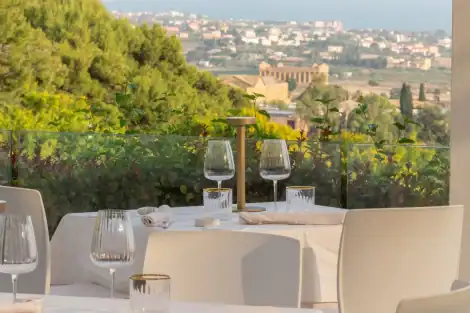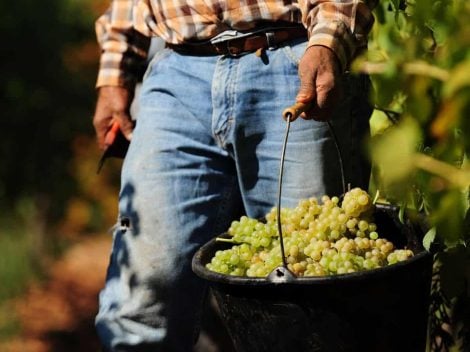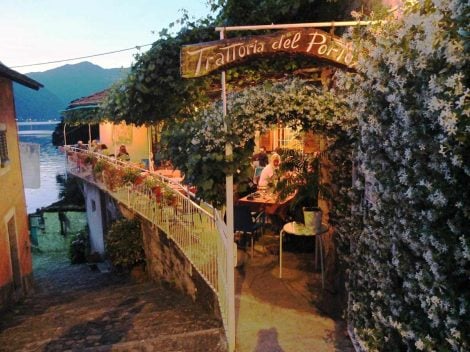For about a month now, Rome has had a new dumpling bar where you can taste authentic Chinese cuisine. It's located at the Testaccio market and has opened in box 38. Behind the scenes of this new opening is the hand of Gianni Catani, the king of dumplings in Rome, who has been studying Chinese cuisine for forty years and preparing dishes for his customers. The main headquarters with the laboratory is located in Piazza Meucci, in the Marconi area, but Catani has devised a format that is gradually bringing Chinese dumplings and bao buns throughout Italy and soon also abroad.
The dumpling bar at the Testaccio market in Rome
At the Testaccio market counter, a variety of dumplings are served as street food, including steamed, boiled, and grilled dumplings with various fillings, salted noodles with pork, shrimp, or vegetables, bao buns with bacon, and a tasty treat: the sweet choco bao filled with hazelnut cream produced artisanally in Catani's laboratory.
"The formula is that of street food: there are no tables, and customers can buy what they want at the counter and eat it in the common areas," explains Catani. "Or they can take it away: since these are semi-cooked products, the customer can take them home and finish cooking them by steaming or grilling them according to the advice we give at the time of purchase. There is also a QR code on the products that links to videos I have made explaining how to prepare them at home."
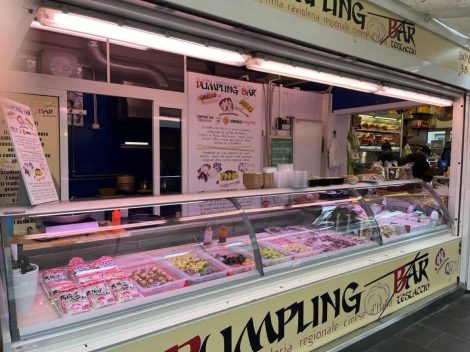
The prices are affordable: a portion of 5 dumplings costs between 6 and 7 euros, noodles cost between 7 and 7.50 euros, and the bacon bao costs around 5 euros. The hours to enjoy Catani's Chinese cuisine are those of the Testaccio market: open for lunch until about 3 pm, except on Sundays, and if you want to have dinner, you have to attend the street food events at the Testaccio market twice a month, open from evening until late at night. "Last Saturday we served 1,400 dumplings and 140 portions of noodles," says Gianni Catani. And who goes to the dumpling bar? "Our target audience is varied: certainly we don't have customers under 23 years old, but from this age upwards, even eighty-year-olds who come to shop and then take the dumplings home to prepare," explains Catani.
Gianni Catani's franchising 2.0 model
Until recently, box 38 in the Testaccio market served arrosticini (skewers), but now the owner, 35-year-old Alessandro, along with his family, has decided to transform it into a dumpling bar, expanding the business and joining it with the main adjacent counter. The oil-spot expansion of Catani's dumpling bars is part of an economic model that he himself has studied: "I call it Franchising 2.0: the entrepreneur who wants to open the business contacts us and explains his needs; when he has found the location, equipment, and team of employees, we intervene by providing all the food part, developing the recipes, providing support for the start-up of the business, and providing constant consulting to check if everything is going well and renew the menu recipes when necessary," explains Gianni Catani.
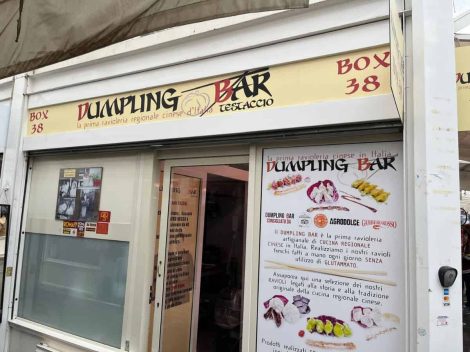
By using this method, he has managed to bring his Dumpling bar to Macerata, Bari, Mentana, Albano Laziale, Frosinone, Monterotondo, Rome (with another upcoming opening in the Torrino area), Terni, Perugia, and now he is also working on opening a location in Ibiza and the Canary Islands.
The model is a product of the lockdown: "The idea of expanding came during Covid, during that time we started with corners inside already established restaurants, but we realized that our dumplings, our cuisine, and the story behind it were not being told properly: those who sold them, sold them as simple dumplings, so we got to work to create our own format," explains the chef.
Each entrepreneur of Franchising 2.0 is free to manage the venue (beverage side) as desired; Catani is only linked for the food. Whether a dumpling bar becomes a restaurant or a simple street food venue is decided by the entrepreneur based on the size and structural capabilities of the place. All the food is prepared in the main laboratory in Rome, which supports Catani's restaurant, and each entrepreneur makes their supply requests periodically.

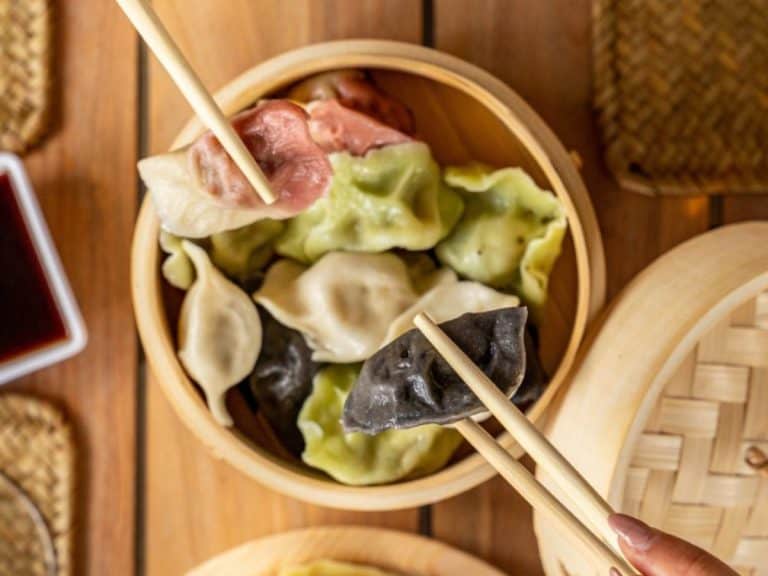
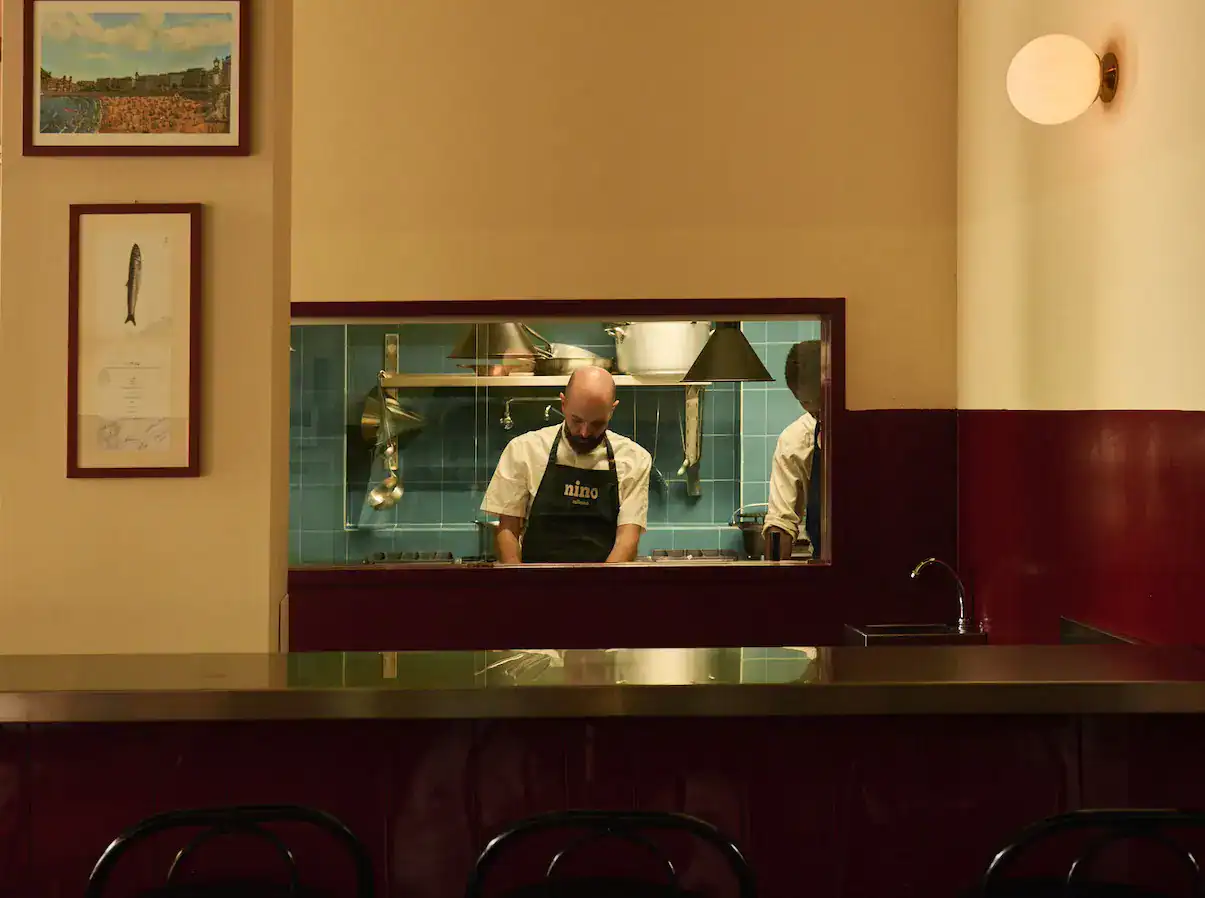 Diego Rossi of Trippa opens a new osteria: what you can eat at Nino Osteria con Cucina in Milan
Diego Rossi of Trippa opens a new osteria: what you can eat at Nino Osteria con Cucina in Milan How you eat at Sentiero, the restaurant Elba Island was missing
How you eat at Sentiero, the restaurant Elba Island was missing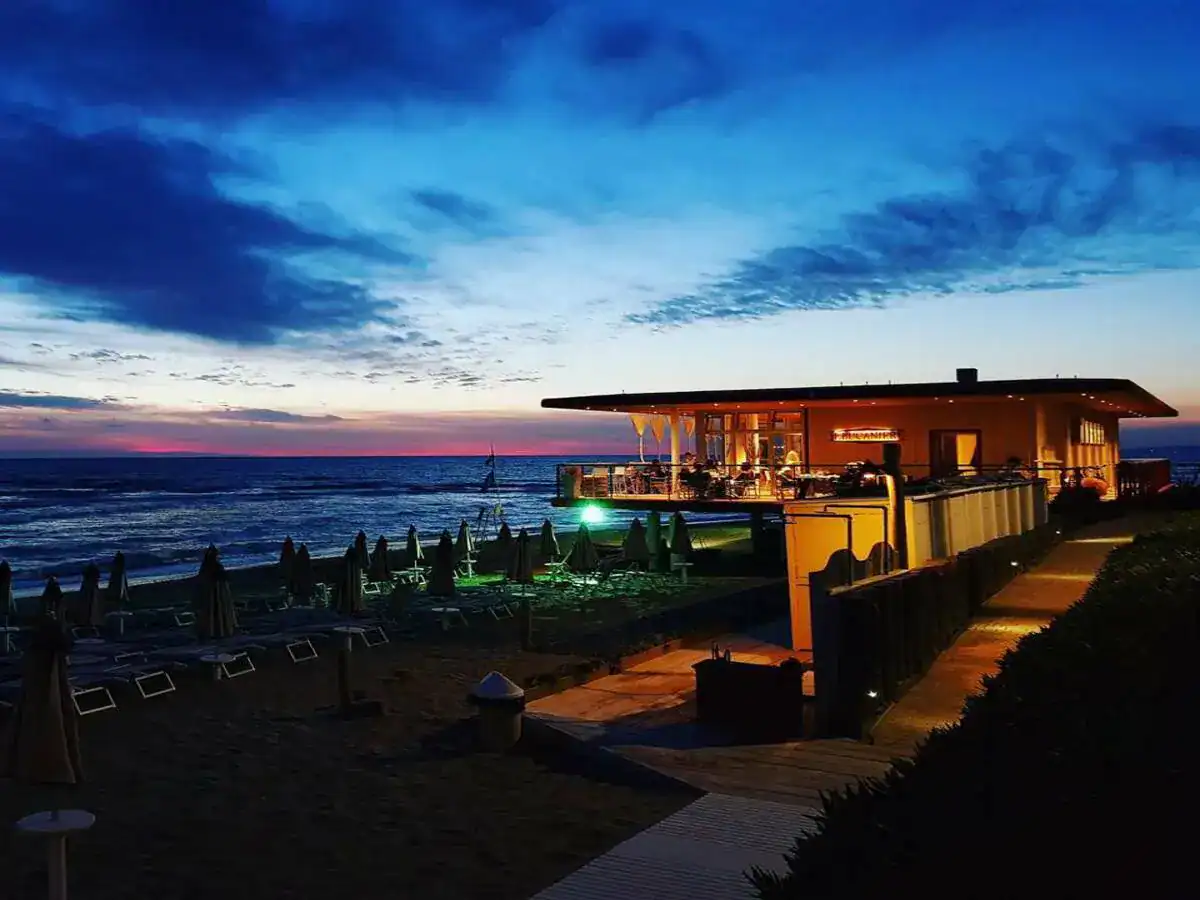 Eating by the sea in Tuscany. The best beachfront restaurants selected by Gambero Rosso
Eating by the sea in Tuscany. The best beachfront restaurants selected by Gambero Rosso Contemporary cuisine, farmhouses and pinewoods. The hidden restaurant in the nature park near Como
Contemporary cuisine, farmhouses and pinewoods. The hidden restaurant in the nature park near Como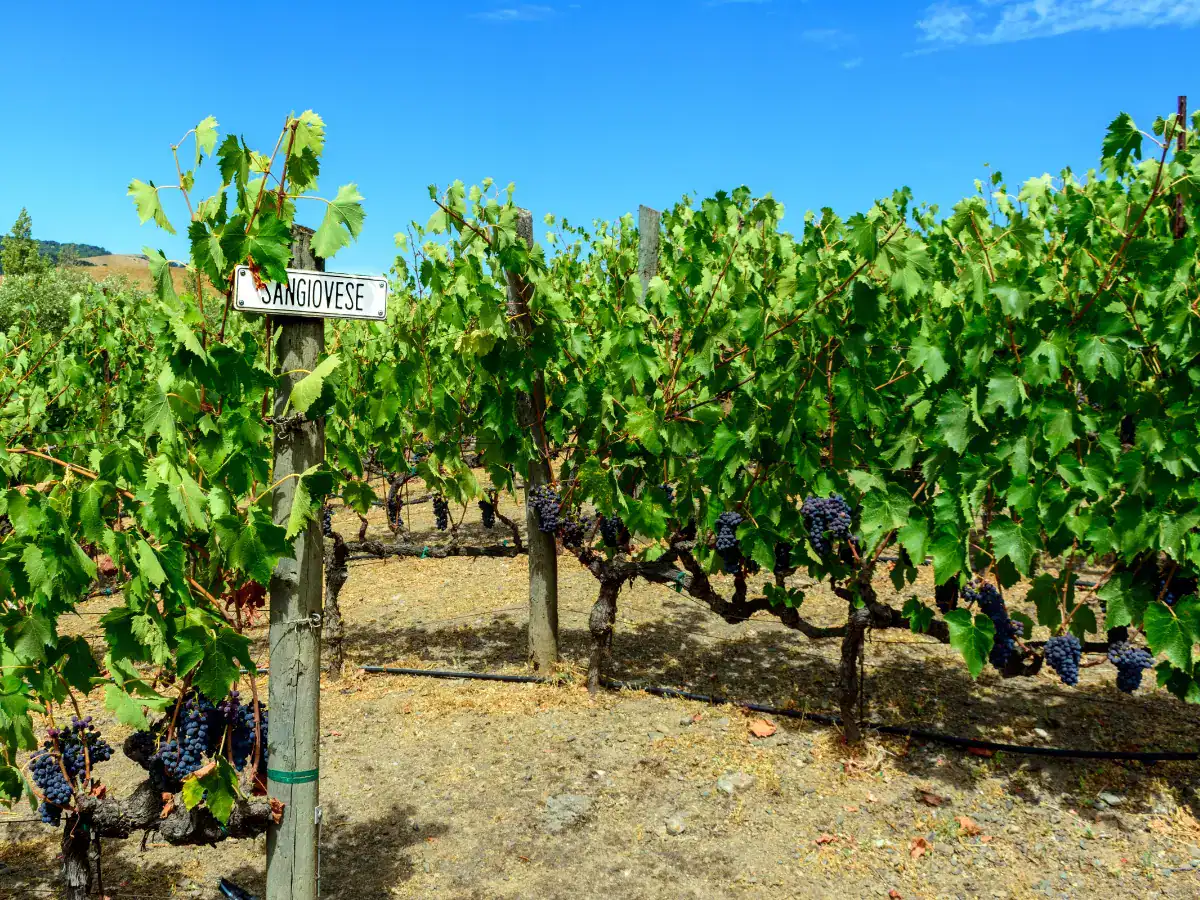 California rediscovers Sangiovese. A brief history of the revival of a forgotten grape variety in the United States
California rediscovers Sangiovese. A brief history of the revival of a forgotten grape variety in the United States